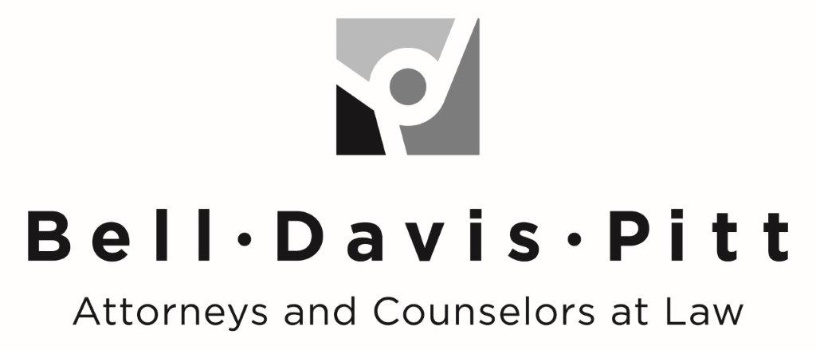What Can I Do If Someone Is Taking Advantage of an Elderly Family Member?
Sunday, February 12, 2017 | By: Bell, Davis, & Pitt
Do you suspect a sibling, caregiver or other family member of taking advantage of someone you love? What remedies do you have if you suspect elder abuse or financial exploitation of an elderly person?
Competent vs Incompetent
If the Loved One is incompetent, consider pursuing a guardianship over the Loved One to protect the Loved One.
“Bad Actor”
If the person taking advantage of the elderly person — referred to as the “Bad Actor” — is acting under a power of attorney that the Loved One executed in favor of the Bad Actor, the Loved One can revoke that power attorney, as long as the Loved One is legally competent to do so. If the Loved One is not competent, you could consider pursuing guardianship over the Loved One.
Revoking Power of Attorney
A duly appointed Guardian, has the authority to revoke a power of attorney previously executed by the Loved One. In order to revoke a power of attorney that has been registered or recorded with the register of deeds in any county in North Carolina, the Loved One (if competent), or a Guardian, must take the following steps:
- Sign and have notarized an instrument of revocation
- Serve that revocation on the Bad Actor by sheriff or certified mail
- Record or register that instrument of revocation, together with proof of service on the Bad Actor, in the office of the register of deeds where the power of attorney was registered or recorded.
In order to revoke a power of attorney that has not been registered or recorded in any office of the register of deeds in any county in North Carolina, the Love One (if competent), or a Guardian, may take any of the following steps:
- Any method provided for revocation in the power of attorney document itself
- Burn, tear, cancel, obliterate or destroy the power attorney, with the intent and for the purpose of revoking it, or
- Sign and have notarized an instrument of revocation or a new power of attorney that contains language indicating that the new power of attorney revokes any previous powers of attorney.
Filing a Lawsuit and reporting the Crime
In addition to revoking the power of attorney, the Loved One (if competent), or a Guardian, can file a lawsuit against the Bad Actor for breach of fiduciary duty for violating or exceeding the authority given under the power of attorney.
If you suspect financial exploitation, consider contacting your local police authority or district attorney because exploitation of an elder adult or disabled adult is a crime under North Carolina General Statute Section 14-112.2 5. Contact the Aging and Adult Services division of the local Department of Social Services in the county where the Loved One lives or resides. You can also call the North Carolina Department of Health and Human Services CARE-LINE toll free within North Carolina at 1-800-662-7030.
Recourse After Death
What if you do not discover the wrongdoing until after the Loved One has died? In many cases, particularly if you are a beneficiary or an heir of the deceased Loved One, you may have standing to file a lawsuit against the Bad Actor for undue influence of the deceased Loved One while the Loved One was alive. Undue influence is generally proved by a number of facts, each one of which standing alone might be of little weight, but when taken together may indicate undue influence. North Carolina Courts typically consider the following factors when evaluating whether undue influence occurred:
- Old age and physical and mental weakness,
- That the Loved One is in the home of the Bad Actor and subject to the Bad Actor’s constant association and supervision,
- That others have little or no opportunity to see him,
- That the will is different from and revokes a prior will,
- That the will is made in favor of one with whom there are no blood ties,
- That the will disinherits the Loved One’s children, grandchildren or other family, and
- That the Bad Actor has procured the execution of the will or some other legally binding document.
Most importantly, know that even if you don't have legal guardianship right now, you have options for stopping the family member or caregiver who is not acting in the best interest of the Loved One.





0 Comments